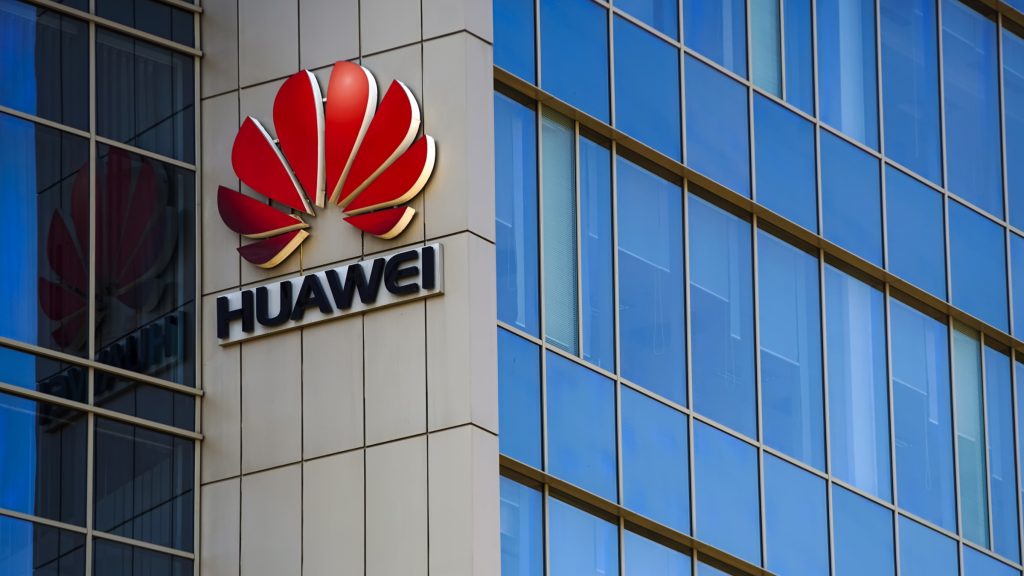
The Federal Communications Commission (FCC) is moving to bar Huawei, ZTE, and other foreign companies from getting wireless equipment certification in the U.S., over national security concerns.
- The FCC plans to vote on a bipartisan proposal later this month.
- Wireless equipment certification is essential to ensure devices comply with technical and regulatory standards.
- The proposal grants the FCC and national security partners authority to fortify the certification process against potential threats.
The Federal Communications Commission (FCC) is moving to bar Huawei, ZTE, and other foreign companies considered national security threats from certifying wireless equipment in the U.S.
The FCC is set to vote on this bipartisan proposal later this month. This proposal aims to ban Huawei, ZTE, and other Chinese companies from acquiring a wireless equipment certification. Such a certificate is proof that a device that transmits or receives radio waves complies with the technical and regulatory standards of a particular country or region. Certification is necessary, as it ensures that the device operates safely and does not interfere with other electronic devices. If a wireless device lacks a certificate, it means that it does not meet the country’s standards and, thus, cannot be sold on the market of that country.
The proposed ban ensures that telecommunications certification bodies and testing labs, responsible for certifying wireless devices in the U.S., remain independent of influences from companies flagged as security risks.
Under the proposed regulations, companies listed by the FCC as national security risks, such as Huawei, would be permanently barred from involvement in the equipment authorization program. The proposal also grants the FCC and its national security partners the authority to fortify the certification process against potential threats.
FCC Chair Jessica Rosenworcel emphasized the necessity of fortifying the equipment authorization program against evolving security and supply chain threats. She stated, “We must ensure that our equipment authorization program and those entrusted with administering it can rise to the challenge posed by persistent and ever-changing security and supply chain threats.”
This comes after the FCC refused to extend Huawei’s lab accreditation, which expired last Tuesday.
This is just another thing in a long list of actions that impede Huawei’s business in the U.S. The FCC’s ban on Huawei’s wireless equipment certification could have significant impacts on both consumers and operators. For operators, the ban may lead to increased costs as they’ll need to replace existing Huawei equipment with alternatives. This could slow down the rollout of new technologies like 5G. For consumers, these increased costs could potentially be passed on in the form of higher prices for services. Consumers could also experience a slower rollout of new technologies and services. Despite these challenges, the ban is intended to protect national security and consumer data privacy.
Inside Telecom provides you with an extensive list of content covering all aspects of the tech industry. Keep an eye on our Telecom sections to stay informed and up-to-date with our daily articles.